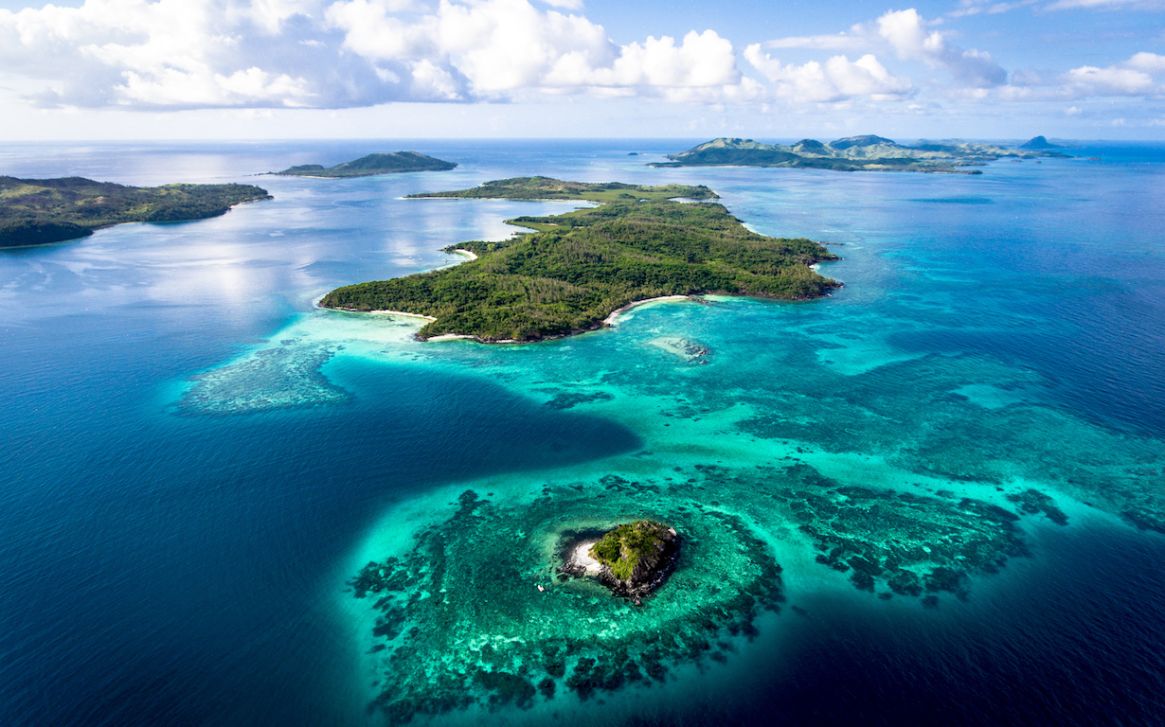by Martin Haffner Associate Editor
Location: Suva, Fiji — In a development that has raised eyebrows among Western powers and regional allies, the Pacific island nation of [Insert Island Name] is poised to deepen its economic and political ties with China. This shift comes amid ongoing concerns about China’s growing influence in the Pacific, which has traditionally been viewed as a sphere of influence for Australia, New Zealand, and the United States.
In recent weeks, the government of [Insert Island Name] announced plans to sign a series of cooperation agreements with Beijing, aimed at bolstering trade, infrastructure development, and tourism. These agreements are set to pave the way for increased Chinese investment and aid, further intertwining the island’s economy with China’s Belt and Road Initiative (BRI).
Local officials have hailed the agreements as a pathway to modernization and economic growth, emphasizing the need for foreign investment to address pressing issues such as unemployment and infrastructure deficiencies. “This partnership with China will help us build a brighter future,” said [Insert Local Official’s Name], during a press conference announcing the deals.
However, the move has sparked criticism from opposition leaders and regional analysts, who warn that increased dependence on China could endanger the island’s sovereignty and lead to potential economic destabilization. Critics are particularly concerned about the lack of transparency surrounding the agreements and the potential for debt dependency akin to that seen in other Pacific nations that have previously accepted Chinese loans.
The geopolitical implications of this development are significant. With an increasing number of Pacific Island nations forging closer ties with Beijing, concerns are mounting in Canberra, Wellington, and Washington about losing influence in a region they consider strategically important. The recent growth of China’s military presence, coupled with its investments in the region, has sparked fears of a broader geopolitical contest for dominance in the Pacific.
In response to rising Chinese engagement, regional leaders from Australia and the United States have pledged to enhance their cooperation and support for Pacific Island nations. They argue that alternative investments and development assistance are needed to counterbalance Beijing’s growing footprint.
As tensions mount, Pacific Island leaders find themselves navigating a complex and rapidly changing geopolitical landscape. Many are calling for a careful balancing act—seeking investment and development partnerships that do not come at the cost of their national autonomy.
The upcoming agreements with China will be closely monitored both regionally and globally, with analysts suggesting that the outcomes could set a precedent for future engagements between Pacific Islands and larger powers in the region.
With the balance of influence precariously shifting, the question remains: how will the West respond to this emerging trend, and what will it mean for the future of the Pacific Islands?



